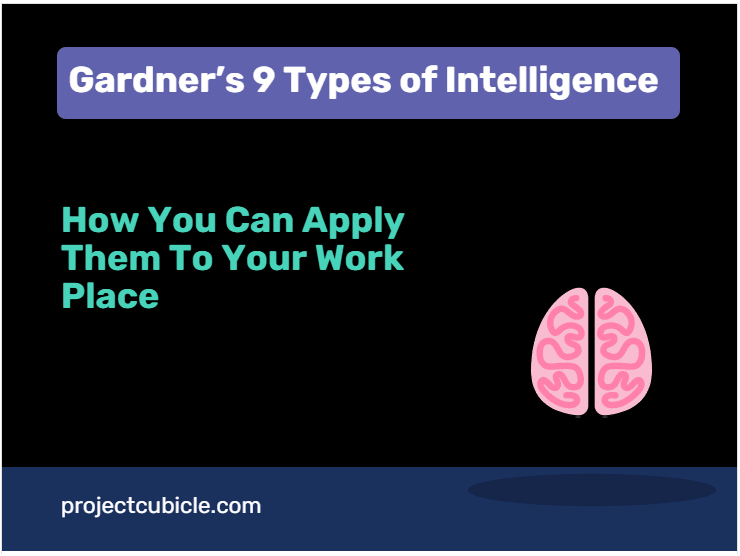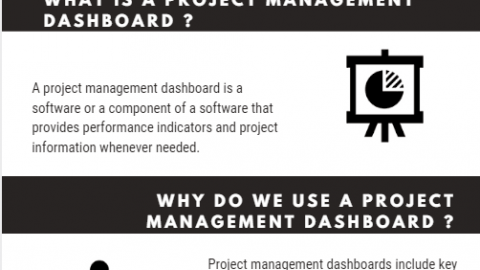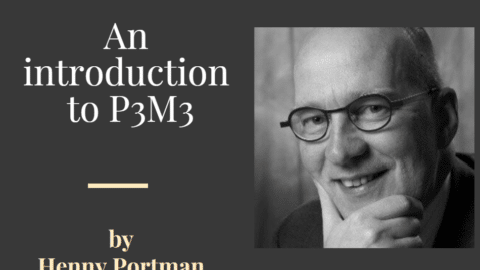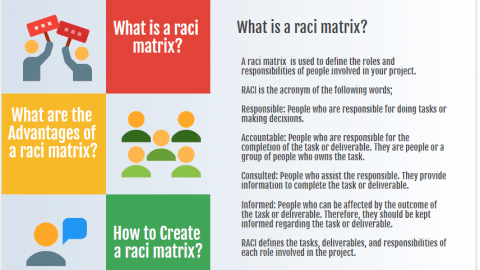Gardner’s 9 Types of Intelligence & How You Can Apply Them To Your Work Place
Your IQ tells a different story, not your potential. We all heard of this term at some point in our lives; IQ, Intelligence Quotient. A few centuries ago, Psychologists were quite deterministic about measuring the capacity of brain. They have applied various methods, none of them resembling the actual human potential, and other types of intelligence. Today, it is even proven to have more than one intelligence type. In this passage, we are going to examine the Gardner’s 9 Types of Intelligence and how you can benefit from them in your workplace.
Table of Contents
Why 9 Types of Intelligence Matters?
Remember the learning styles, visual, auditory, verbal, kinaesthetic. As unique individuals, we all have a different way of learning. Why? Because each of us are different and what matters in the end, is our way. If you learn the process of your mind, you can do wonders, and faster, by your own designated operating method.
These 9 types of intelligence were introduced by Howard Gardner, an American Developmental Psychologist, in his “Frames of Mind: The Theory of Multiple Intelligences”, 1983. He differentiated “smart” under nine titles;
Naturalistic Intelligence
A gardener, a cook. Where do they intercept? According to Gardner, Naturalistic Intelligence indicates the ability to discriminate among living things, including human’s evolutionary history of being a hunter/gatherer or farmer. It’s the intelligence to sense the nature, read and predict the shift in the nature and the living. People with naturalistic intelligence feel in peace being outdoors and they pursue professions in geology, architecture, astronomy, gastronomy, zoology and botany.
How can you make use of it? If you are a Nature-Smart person, it might be the reason, especially during these times of hardship, of the damage in your productivity. Do you feel exhausted or burned out? It might be beneficial for you to seek natural environments regularly, and leave the computer on the table for the good of your projects in progress.
If you feel like you can’t breathe, how do you expect your product to get through?
Musical Intelligence
This intelligence type often refers to composing, sound engineering, vocalizing or musical therapy. Music-Smart people carry an ear, gifted enough to understand and differentiate sounds, pitches, tone and rhythm; they either listen to or create music by themselves. They also recognize the patterns in songs with no effort. Also, musical intelligence comes with its perks; detail orientation.
If you are music-smart, know that music is vital for your processes. Try and get music out of your life and you will experience suffocation. To prevent this, you can add music to your working routine, and keep yourself in tune. A low-volume song without lyrics could make wonders for your working environment, and productivity.
Music carries the rhythm of your inner world.
Analytical Intelligence
This type of intelligence does not only consist of calculation.
It is the ability of reasoning, strategy-building, inductive and deductive thinking. When you merge these, you are likely to view a scientist, mathematician, or a detective. However, that’s not it.
If you are an analytical person, you might be learning by linking the new item with the previous one. Your organization processes may be based on categorizing and building relationships. If so, your work environment might benefit from a planner, separated by categories or hierarchy of chores. Moreover, some emphasise on the planning phase of your projects could help you greatly.
Reason to resonate.
Existential Intelligence
It often relates to capacity of sensitivity and interrogating philosophical outcomes of life, using the means of curiosity, abstract thinking, and enlightening leadership towards other people.
Do you often hear that you’re good at listening, teaching, persuasion, or inspiring people? You might be a Life-Smart person. People with Existential Intelligence often make spectacular leaders in group work projects. You might also thrive from being able to offer this guidance to people, helping them might help you feel at peace with yourself as well. So?
Present yourself as the leader you are.
Interpersonal Intelligence
Interpersonal Intelligence Type associates with EQ, Emotional Intelligence that is, the ability of interpreting human. People with Interpersonal Intelligence are highly responsive towards the needs of other people and interested in understanding their exact position. They qualify in managing, leading, being a valued member of non-profit organizations, instructing and nurturing by communicating effectively with others.
Have you examined yourself entertaining more than one perspective while trying to make a decision? When you are leading a project, how much do you care about your team members’ perspective? You could be the Peace Keeper in your team, if not the leader.
Your existence makes invaluable difference.
Intrapersonal Intelligence
This refers to being mindful of who you are as a person, and constantly grooming yourself by reflecting on your mental and emotional circumstances. It’s about determination, knowing exactly what you want and why you want it. People with Intrapersonal Intelligence play important roles in areas like Psychology, Philosophy, Education or Consultation.
What can you do with it? Being aware of your strong will and mind saves time, which is especially advantageous when you’re running towards a deadline. If you consciously know what you want, you have greater chance of explaining it to your team members so that the outcome may become a masterpiece.
The way of creating that masterpiece runs through your veins.
Bodily-Kinaesthetic Intelligence
Body, mind, as one and only.
People with Bodily-Kinaesthetic Intelligence Type operate by the means of practical applications. Movement generates their livelihood, because they are gifted body communicators and skilled at adjusting and manipulating their physical surroundings. They have a bulletproof sense of timing with their extraordinary hand-eye coordination.
If you are a Body-Smart person, it might be important to be aware of it to accommodate your working environment accordingly. It might be helpful to keep a clock on the table to get in the way of a sudden increase in stress.
Remember, you can make time for everything, the knack is knowing what for.
Linguistic Intelligence
Words. Verse. Worlds. Storytelling? Storytelling is one of the most effective ways to sell or introduce a product. That’s also the reason why there are countless amount of job announcements looking for a talented writer.
People with Linguistic Intelligence are excellent communicators and it is a source of entertainment for them to play with words, and they locate themselves in areas like journalism, literature, and public speaking. Their minds work in a crossword puzzle fashion.
If your brand/product has a story, you’d better share it because it might resonate with your target audience and create an exceptional connection between you.
Your story will not be heard if you don’t sing it out loud.
Visual Intelligence
3D.
It’s the ability to generate the physical world using three-dimensional perspective, merging it with reasoning and abstract ideas.
People with Visual-Spatial Intelligence emerge in Art, urban planning, architecture, photography, aeronautics, and maritime sectors. They are exquisite navigators with dynamic imagination.
If you are a Visual-Smart person, it might be profitable to keep the planning process of your project visible as possible. Using charts and relevant graphs, and even preparing an infographic may help you visualise the strengths, weaknesses, goals and duration of your project which can then fasten your working process.
Visualize. Visualize. Visualize.
Why do We Need 9 Multiple Intelligences?
To conclude, all these 9 intelligence types translate in one body; as all the colours create white, your type(s) of intelligence create you, and your potential. Therefore, it’s important to know who/what you are and how you can make the best use of it in your working environment.
So, what do you think about the Gardner’s 9 Types of Intelligence? Your insights are valuable for us.
Gardner’s 9 Types of Intelligence Infographic
Further Reading
The Theory of Multiple Intelligence
See Also
Emotional Intelligence in Project Management












What I like most about multiple intelligences theory is that it artfully embodies the utter complexity of what intelligence is. Human intellect cannot merely be summated by mathematical or linguistic proficiency. I like this article. THANKS! (:
Gardner’s types of intelligence are in line with what most of us have been brought up to believe that we are all special 🙂 because we all have different strengths and interests
I have used Howard Gardner’s multiple intelligence theories for many years during my time as a trainer and lecturer, and they are an integral part of the Accelerated Learning arena.
They are powerful and accurate and can be used very effectively to design educational courses to great effect.
I always remember them by LLIIMNSK – with the ‘S’ being ‘Spatial’, which is sometimes a relevant aspect when developing a training course or learning activity.
Superb article
Iain